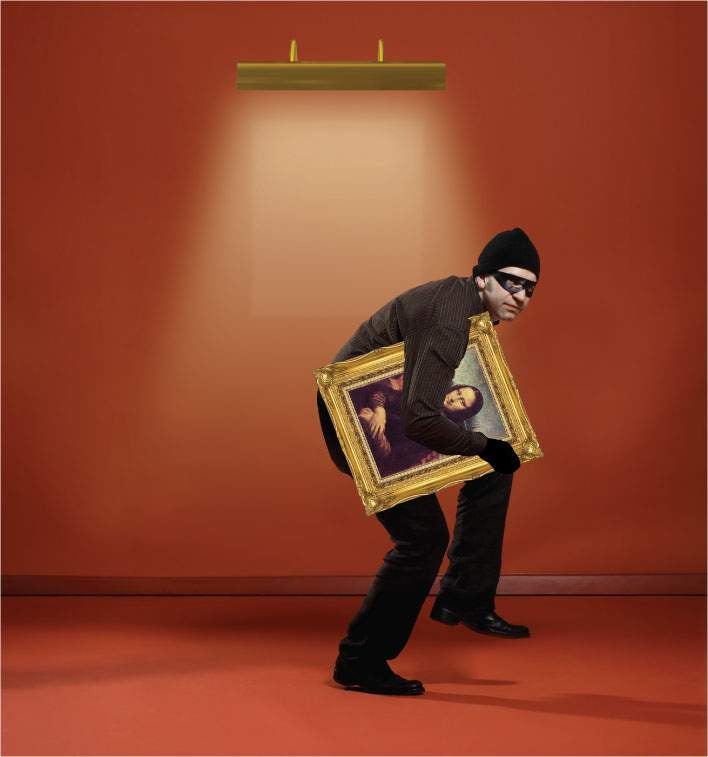
As the government seeks to tighten rules on cultural property obtained in armed conflicts, there are things collectors need to think about, writes Davina Given
Another day, another legislative sea change – this time, in the field of cultural property. On 23 February 2017, the UK Parliament passed the Cultural Property (Armed Conflicts) Act. This implements the 1954 Hague Convention for the Protection of Cultural Property in the Event of Armed Conflict.
So what does this mean for collectors? Well, it means that collectors could fall foul of a new criminal offence of dealing in ‘unlawfully exported cultural property’. This is punishable by up to seven years in prison and/or an unlimited fine, or find their art forfeited as ‘unlawfully exported cultural property’.
That’s a significant crackdown and even more so when you consider the wide range of property to which it might relate. The act is wide-ranging, and covers property that has been either exported in breach of the laws of the territory of export or of international law; or from a territory which was at the time occupied by a state party to the protocols of the Hague Convention, or a territory of such a state by then occupied by another state. The trouble there is that there is no definitive list of occupied territories and dates of occupation, so it might be said that the legislation lacks certainty to boot.
(However, in determining whether an object comes from a relevant territory, it’s worth noting that it must be occupied by a state. This means that antiquities illegally exported by Daesh in Syria and Iraq or by Islamic groups in Nigeria and Mali are not covered by the new Act – although dealing in objects illegally excavated or exported from such places might fall foul of other legislation.)
Those looking for clarity in the definitions section of the Act may also be disappointed. The government intends that the kinds of objects affected would be “a small but very special category of cultural property”, which is defined “of great importance to the cultural heritage of every people”. That seems highly subjective, and is a potential headache for collectors: for now, it’s best to assume that any object illegally exported from a relevant territory at the relevant time could trigger the offence and forfeiture.
So how can collectors protect themselves? First up, it’s important to review due diligence procedures. Under the new legislation, an offence may be committed if there is ‘reason to suspect’ the object has been unlawfully exported. ‘Suspect’ has been interpreted as a very low bar by the courts and, given the harsh potential penalty, it is worth reviewing and tightening acquisition and sale procedures.
In the second place, the government has emphasised that a dealer or collector taking possession of an object in good faith and later discovering it was unlawfully exported cultural property would not commit an offence. But no guidance was given as to what to do when it is realised that an object is unlawfully exported cultural property, since giving it back would be an offence. Reporting the object as possible proceeds of crime to the National Crime Agency or the police should be considered, if you have any suspicions.
Finally, it’s worth keeping acquisition records in order and checking that insurance policies provide appropriate cover. A court may make forfeiture conditional on payment of compensation to the person who acquired the object in good faith and without knowledge of the unlawful export.
But is this all a storm in a teacup? Well, with only one prosecution under related legislation from 2003, the government anticipates prosecutions under the new Act to be rare, so it seems unlikely to affect the art market generally. But that said, the behaviours it seeks to encourage in terms of provenance research are likely to stand collectors and dealers in very good stead. So the message is, keep calm and carry on…with good provenance.
Davina Given is a partner at RPC






